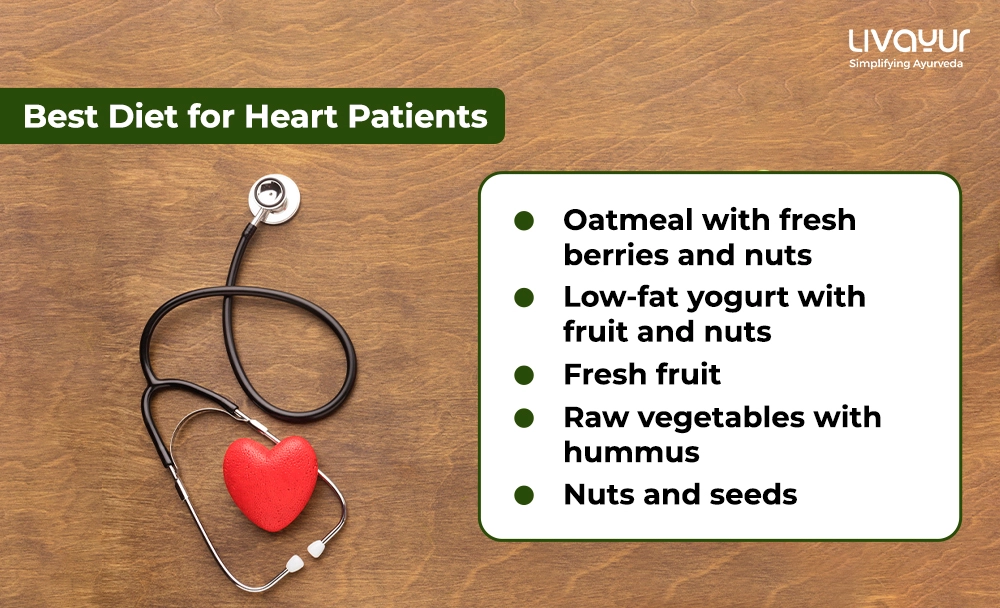
Heart disease is a leading cause of death globally, with 17.9 million people dying from cardiovascular diseases in 2016, accounting for 31% of all global deaths [1]. A heart-healthy diet can play a significant role in preventing heart disease or managing its symptoms. In this article, we will discuss the best diet for heart patients which includes heart-healthy foods and a diet chart for heart patients. Couple it with a few lifestyle changes and witness the magic happen!
Let’s dive deeper into the dietary changes necessary to keep your heart happy and healthy.
Best Heart-Healthy Foods
1. Whole Grains
Whole grains are a good source of dietary fiber, vitamins, and minerals. Studies have shown that consuming whole grains can reduce the risk of heart disease [2]. Whole grains include brown rice, oatmeal, quinoa, barley, and whole wheat. Try to consume at least three servings of whole grains per day.
2. Fruits and Vegetables
Fruits and vegetables are rich in vitamins, minerals, and fiber. They are also low in calories and high in antioxidants, which can help prevent heart disease [3]. Some heart-healthy fruits and vegetables include berries, citrus fruits, leafy greens, tomatoes, and bell peppers. Aim to consume five servings of fruits and vegetables per day.
3. Legumes
Legumes, such as beans, lentils, and chickpeas, are excellent sources of protein, fiber, and minerals. Studies have shown that consuming legumes can help lower blood pressure and cholesterol levels, which are risk factors for heart disease [4]. Try to consume three servings of legumes per week.
4. Nuts and Seeds
Nuts and seeds are good sources of healthy fats, protein, and fiber. They also contain vitamins and minerals that are important for heart health. Some heart-healthy nuts and seeds include almonds, walnuts, flaxseeds, and chia seeds. Aim to consume a handful of nuts or seeds per day.
5. Omega-3 Fatty Acids
Omega-3 fatty acids are essential fats that are important for heart health. They can help lower triglycerides, reduce inflammation, and improve heart function [5]. Some good sources of omega-3 fatty acids include flaxseeds, chia seeds, and walnuts.
Foods to avoid for heart patients
Here is a list of things heart patients should diligently avoid to reduce the risk associated with their conditions: [6]
- Sugar
- Salt
- Refined carbohydrates (breads)
- Refined grains
- Saturated fats like butter, full-fat milk or full-fat yogurt
- Processed meats like chicken, mutton, pork, beef etc.
- Soda
- Baked goods
- White rice
- Processed or canned food items or beverages
Diet Chart for Heart Patients
A heart-healthy diet should include a variety of foods from each food group. Here is a sample diet chart for heart patients: [6]
Breakfast:
- Oatmeal with fresh berries and nuts
- Whole-grain toast with avocado and tomato slices
- Low-fat yogurt with fruit and nuts
Lunch:
- Grilled vegetable wrap with hummus and a side of fresh fruit
- Chickpea salad with mixed greens and a whole-grain roll
- Lentil soup with a side salad and whole-grain crackers
Dinner:
- Steamed vegetables and quinoa
- Vegetable stir-fry with tofu and brown rice
- Bean chili with a side salad and whole-grain bread
Snacks:
- Fresh fruit
- Raw vegetables with hummus
- Nuts and seeds
FAQs
1. Is it necessary to combine a heart-healthy diet with other lifestyle changes?
Yes, maintaining an active lifestyle, managing stress levels, and avoiding smoking and excessive alcohol consumption are integral components of overall heart health. A holistic approach that combines a heart-healthy diet with these lifestyle changes can have a more significant impact on cardiovascular well-being.
2. What is the ideal quantity of legumes that should be consumed by a heart patient?
If you’re a heart patient, try to consume at least three servings of legumes per week.
3. Can a heart-healthy diet be personalized based on individual needs?
Yes, a heart-healthy diet can be personalized based on individual preferences, dietary restrictions, and health conditions. Consulting with a doctor or a registered dietitian is recommended to create a diet plan tailored to specific needs and ensure it aligns with overall health goals.
Takeaway
Heart disease is a serious health condition that can be prevented or managed with a heart-healthy diet. Following a diet chart for heart patients can also help make it easier to stay on track with your diet goals. It is also important to maintain an active lifestyle, manage stress levels, and avoid smoking and excessive alcohol consumption. However, it is essential to remember that any of these changes should always be made in consultation with your doctor or a registered dietitian, especially if you have a pre-existing medical condition.
Disclaimer
This article is written from a health and lifestyle perspective only. It can not replace medical advice. Any changes based on this article should always be made in consultation with your doctor or a registered health professional.
References:
- Heart-check Foods
- Heart Disease Facts
- How neuroscience can inform the study of individual differences in cognitive abilities
- Primary Prevention of Cardiovascular Disease with a Mediterranean Diet
- Turning up the heat on L-type Ca2+ channels promotes neuronal firing and seizure activity
- Cardiovascular Disease Prevention by Diet Modification: JACC Health Promotion Series




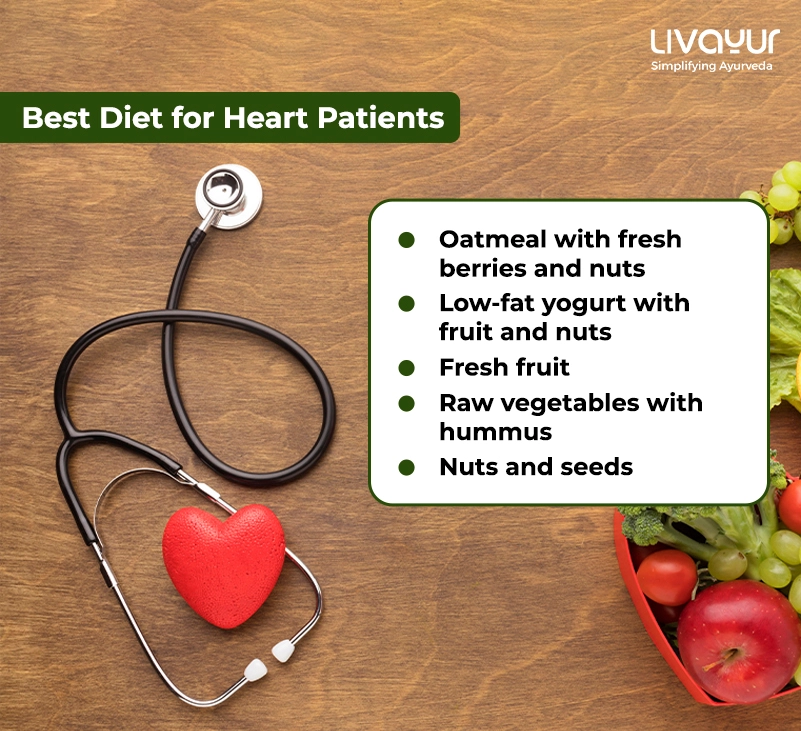









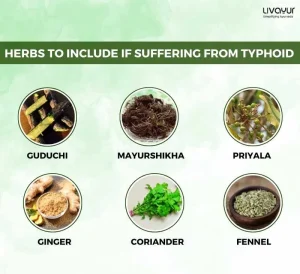
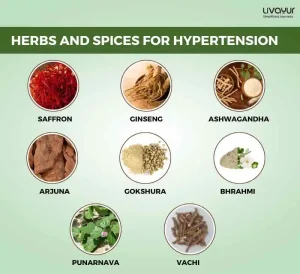
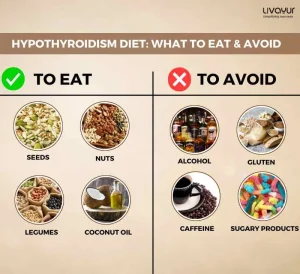
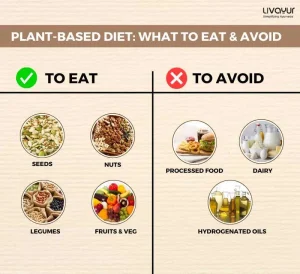
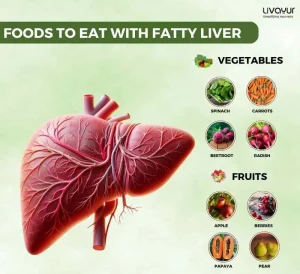




2 Comments